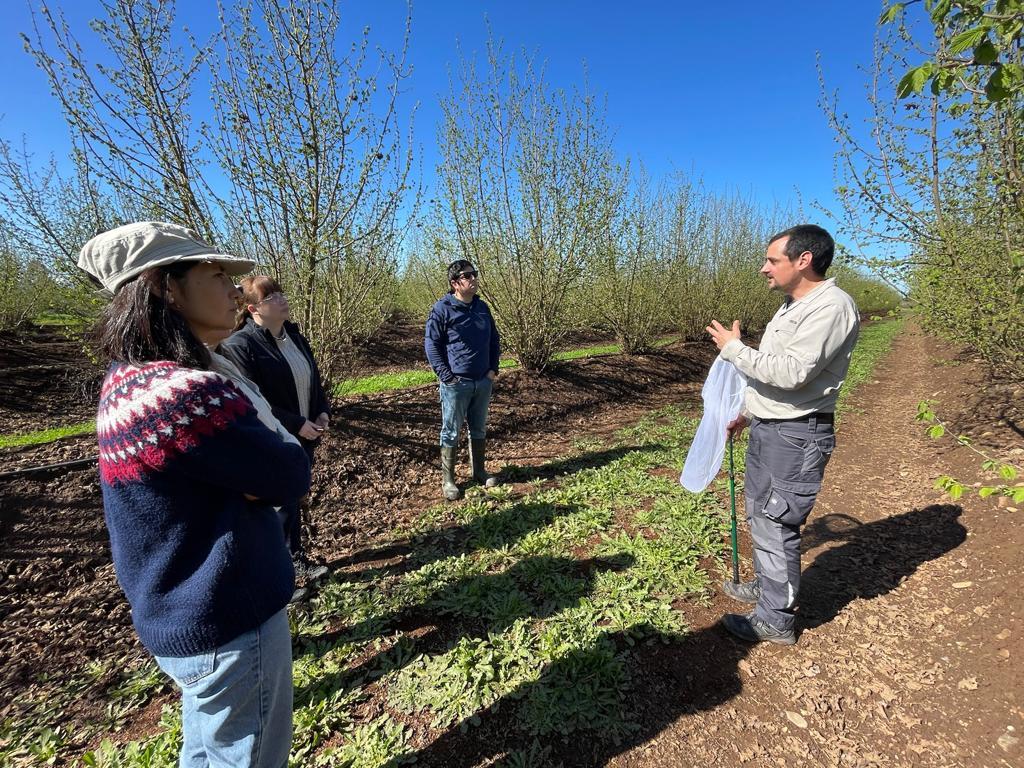The biotechnology company Syngenta, a manufacturer of agricultural chemicals, and AgriChile, a Chilean producer of European hazelnut, have formed an alliance to test ground covers to promote insect biodiversity in crop fields in central-southern Chile.
The project seeks to compare four cover crops of annual species planted between crop rows. On the one hand, there are the leguminous and grass covers previously implemented in AgriChile's San Gregorio field under generative agriculture management. On the other hand, there are the covers proposed by Syngenta Chile, based on its Pollinator and LivinGro projects, which are composed of floral species to attract pollinators and natural enemies, respectively.
Floral covers have been implemented in different European countries subsidized by the common agricultural policy. In Chile, few studies have been carried out in this regard, which is relevant to determine the floral species most adapted to Chilean pedoclimatic conditions and that favor Chilean insect species such as pollinators (bees, flower flies) and biological controllers (coccinellids, parsitoid hymenopterans).
Dr. Paul Amouroux from the Hémera U. Mayor Center will participate in this project, identifying flying insects, focusing on the main functional groups (predators, parasitoids, pollinators), and comparing the different plant covers with the unimproved sector.
The expected result is the identification of the mixture(s) of annual plant species most adapted to and favoring the functional biodiversity of insects in hazelnut crops in the central-southern zone of Chile.
